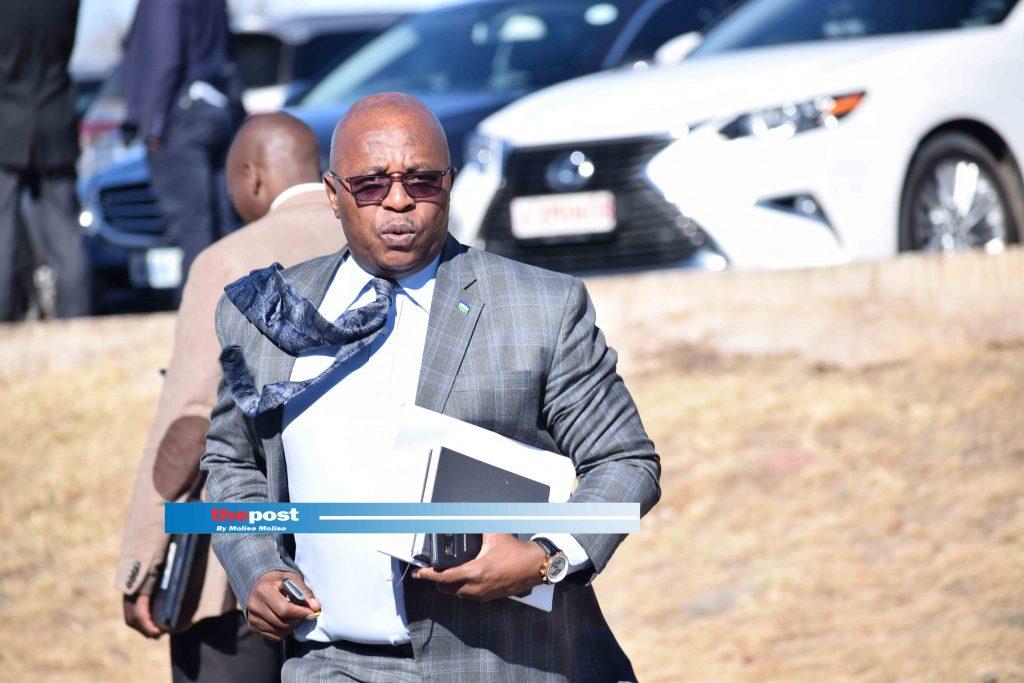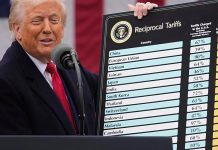Africa-Press – Lesotho. A group of civil servants has sued the Ministry of Foreign Affairs over appointments to diplomatic positions. The seventeen employees of the Ministry of Foreign Affairs allege that the appointments violate procedure and should be reversed.
They also claim that the interviews and appointments were shrouded in secrecy. But while the case is still pending in the courts, the ministry is alleged to have transferred eight of the 17 officers who have filed the lawsuit.
This has triggered allegations that the ministry is victimising some of the officers or trying to intimidate others to abandon the case. Court papers filed in the High Court show that the dispute started on March 8 when the employees discovered that the Public Service Commission was making arrangements to appoint some officials to embassies.
They then requested the names of the short-listed candidates but the ministry’s human resources office refused, saying it was highly classified information.
In her founding affidavit, ’Mathapelo Kanono, who is acting director of the ministry’s Directorate of Legal Affairs, says they told the human resource office they wanted the shortlist because they believed the appointments violated the Public Service Act (2005).
Kanono, who is the first applicant, tells the court that the human resources office refused to reveal the names on the basis that it was confidential and privileged information.
“We desperately tried to bring to their attention the applicable legislation and the principles that govern recruitment and appointments into the public service but they would not relent,” Kanono says.
She tells the court that they filed a formal complaint after the human resources office rejected their request. They told Principal Secretary Colonel Tanki Mothae they wanted the issue resolved “amicably and using internal remedies” but they are yet to receive a response.
Kanono alleges at one meeting in February she enquired if the appointments would follow public service procedure but Colonel Mothae said they were “political appointments”.
“I informed him and lodged an informal complaint that appointments in foreign services, except those of ambassadors and consular generals, had to follow the prescripts of the public service legislation.
” She says the principal secretary’s attitude towards their formal complaint proves he wants to ignore them.
This, she adds, is what has led to their lawsuit because internal remedies are “not functional or there was unwillingness on our supervisor to engage these internal processes”. Kanono argues that the Public Service Act is clear that entry and advancement within the government is based on merit.
“In other words, entry into and advancement within the public service are based on ability, qualifications, knowledge, skill and aptitude of each candidate following a fair and open competition which assures that all citizens of Lesotho receive equal opportunity”.
She claims that the appointments are not based on merit because they don’t work in the Ministry of Foreign Affairs. She alleges that the posts were not advertised and the applicants were not screened and interviewed.
In his answering affidavit, Colonel Mothae says the applicants have no legal right to challenge the appointments because the basis of their case is that the posts were not advertised and the selection was not fair.
He says the public officers “who happen to serve in diplomatic missions only do so on transfer and not on appointments as applicants seem to believe”.
Colonel Mothae also argues that the case should be dismissed because the applicants have failed to specify the missions they are complaining about and demonstrate that those hired lack the qualifications.
He also claims that the relief sought would be difficult to implement because it’s couched in “overbroad terms” that could potentially affect other people who might not be the subject of the lawsuit.
“It is not clear from the papers which specific appointments to foreign (missions) are affected by these proceedings,” Colonel Mothae says. He also accuses the applicants of withholding crucial information from the court.
The argument that the names of the candidates were not disclosed is “dishonest” because they were announced on the national television, Colonel Mothae says.
He also says the applicants had failed to tell the court that one of them had filed a case with the Ombudsman, complaining about the same issue in their case.
The Ombudsman is yet to make a ruling on that case. Appointments to embassies have always been a controversial issue. They are seen as an opportunity to earn better salaries and benefits.
Apart from the chance to live abroad, diplomats also enjoy substantial perks and school fees allowances for their children to attend better schools. Successive governments have used the appointments to reward party loyalists.
For More News And Analysis About Lesotho Follow Africa-Press






